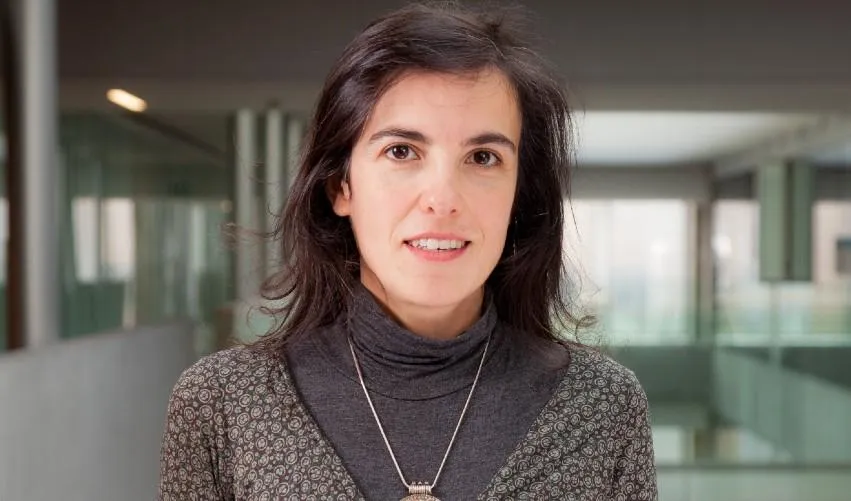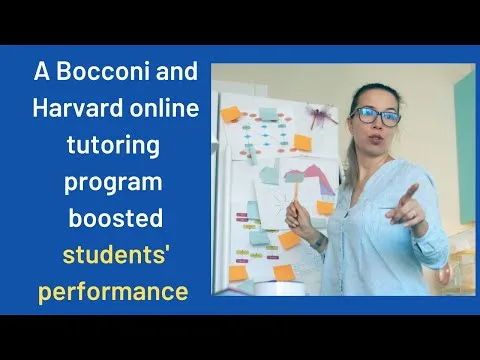
Funding for Eliana La Ferrara's TOP Project
The "Tutoring Online Project (TOP): Mitigating the Impact of Covid-19 on Educational Inequalities" project is one of the winners of the FISR 2020 COVID call, issued by FISR (the Special Supplementary Fund for Research of the Ministry of University and Research). The project is coordinated by Eliana La Ferrara, Professor of Development Economics and Scientific Director of the Bocconi Laboratory for Effective Anti-Poverty Policies (LEAP), and Michela Carlana, Harvard University.
The aim of the call was to "stimulate and fund research proposals of strategic importance, aimed at addressing the new needs and issues raised by the spread of the SARS-Cov-2 virus and the COVID-19 infection". The TOP project has received funding of €56,000.
The project proposed by La Ferrara and Carlana, in collaboration with Giulia Pastori and Andrea Mangiatordi, pedagogy experts at the University of Milano-Bicocca, aims to implement an online tutoring intervention ("TOP- Tutoring Online Program") for the benefit of disadvantaged middle school students. The latter have in fact suffered overwhelming damage from the interruption of in-person teaching during the pandemic lockdowns.
As was the case in a pilot intervention during the first lockdown, tutoring will be provided by specially trained volunteer university students who will supervise middle school students online for at least two hours a week. Due to the "virtual" nature of the interaction, the tutor and student will not need to live in the same city, so the intervention will help increase exposure to different geographic, social, and cultural contexts, creating role models for younger students.
The pilot project, implemented last spring and evaluated by LEAP through a rigorous impact evaluation design, had significant effects on student academic achievement, well-being, and socio-emotional skills.
Thanks to FISR funding, the program can be repeated, even after the pandemic has ended, on a larger scale. In addition, the processing of the acquired data will allow them to assess which approaches make students most likely to benefit from online tutoring.
"The COVID pandemic has highlighted educational inequalities around the world," says Professor La Ferrara, "but the educational gap based on family background is a persistent feature of school systems even in normal times, and now we have found an effective way to mitigate it."
The outcome of the pilot project
How to Improve School Performance in a Lockdown
